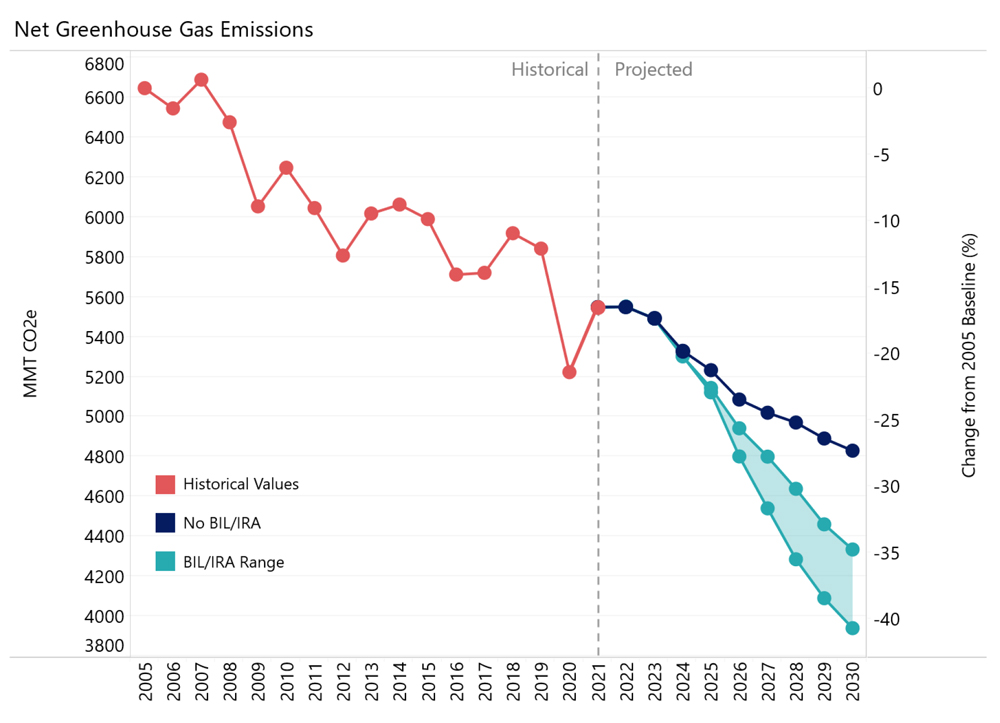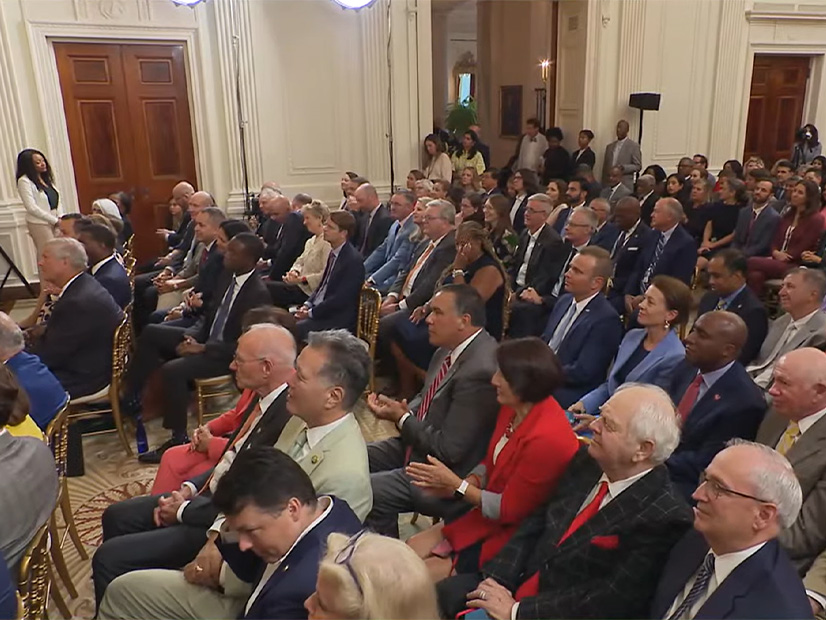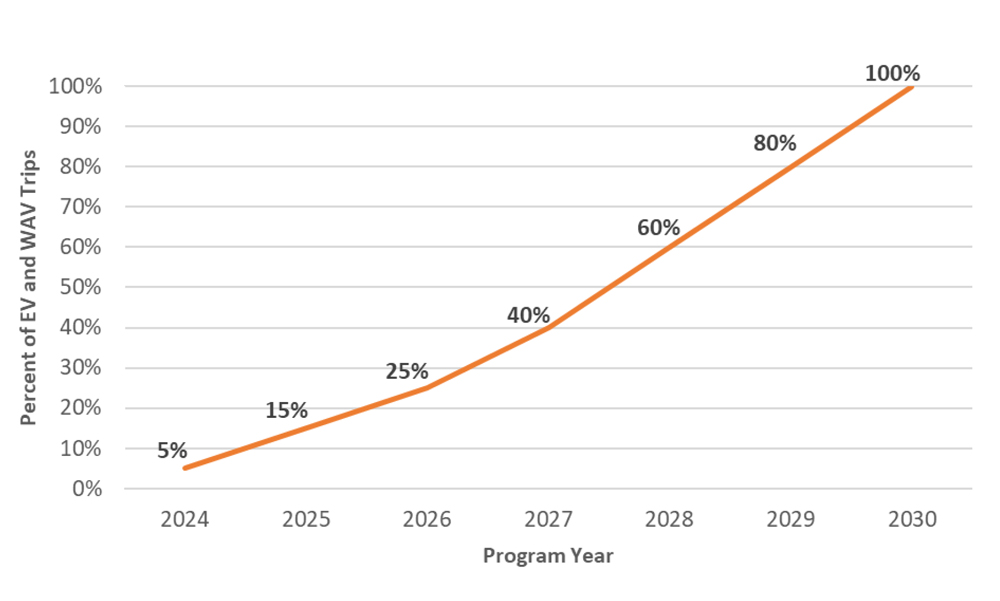MISO members were both apprehensive and hopeful over the Department of Energy’s new plan to designate National Interest Electric Transmission Corridors (NIETCs) to spur transmission expansion.
MISO Advisory Committee members discussed the topic at their Aug. 16 teleconference.
The DOE in May issued a notice of intent that it might unroll a new process to designate NIETCs, which would fast-track permitting and financing for transmission projects under development. (See States, RTOs Caution DOE on Transmission Corridors.)
The Union of Concerned Scientists’ Sam Gomberg said MISO’s Environmental Sector believes the rule will “expand and accelerate” the building of a system that is prepared for future needs. He also said the rule seems “responsive to past failures” of the federal government to involve itself in transmission siting.
Wisconsin Public Service Commissioner Tyler Huebner said MISO state regulators are split over the proposed rule, with some enthusiastic over how it could spur lines that span multiple planning regions but others saying such a process would be administratively burdensome and a means to subvert existing state routing authority.
During an Aug. 14 Organization of MISO States meeting, Texas Public Utility Commissioner Lori Cobos said Texas is “concerned, very concerned” over the DOE potentially nominating corridor projects that ratepayers will finance.
“What we don’t want this to become is an adversarial process,” Gomberg said, adding that the DOE should recognize states’ primacy in permitting and siting.
MISO Transmission Owner representative Stacy Herbert said the DOE should make sure its designation process “does not interfere with, but rather complements” regional and interregional transmission planning.
Huebner said some MISO state regulators believe NIETCs will be key to getting interregional lines built.
“We think this might be the best value add of the process,” he said.
Huebner said the DOE could invite states to propose NIETCs locations. He said if multiple states propose adjacent locations, that could build toward larger, national designations.
Gomberg said he worried the federal government would use its new permitting authority too little.
“I’m going to be blunt here. I’m not convinced that FERC has the guts to move forward with anything but the most egregious needs on the system,” he said.
Gomberg also said while members of the MISO Environmental Sector aren’t expecting the federal government to be the architects of a “grand national grid” through its authority, there are going to be clear opportunities for corridors.


